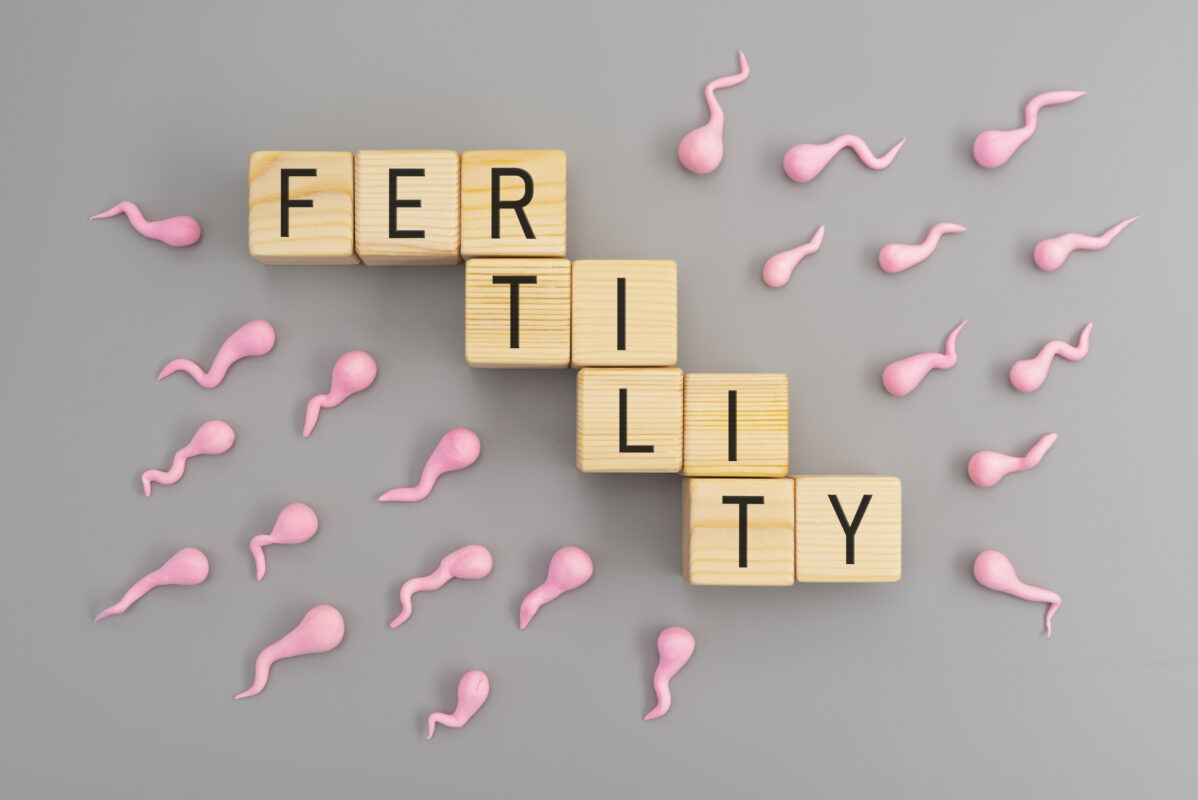Most people assume that they are fertile, at least until after the age of 40, but many times they discover that they may have problems in their fertility when they decide to have a child and are faced with the reality that, despite their efforts, they do not succeed.
In Colombia, for example, it is not common to address this issue in gynecological consultations, which leaves many women without information about their reproductive health, and the factors that can affect it over time. This lack of knowledge generates information gaps that limit the power to make informed decisions about their reproductive health, generating feelings of frustration or guilt for actions that were not carried out in the past.
These information gaps are due in part to a lack of symptoms or signs of fertility problems. If there is no triggering or alarm factor, it is very possible that people will not question their fertility, since as we mentioned at the beginning, most assume that they are.
However, many of the warning signs are not easily noticeable and go unnoticed. For example, the decrease in the number of eggs is not felt or noticed, while conditions such as endometriosis can present symptoms such as chronic pain. In addition, it is rarely said that having regular menstrual cycles does not guarantee a good ovarian reserve or healthy eggs to fertilize, since the woman consumes her ovarian reserve even before she starts menstruating. These aspects reinforce the importance of relying on specialized medical studies to obtain clear answers.
Female fertility indicators
Female fertility is closely linked to the quality and quantity of eggs, as well as the functioning of the reproductive system. Some physical indicators that may suggest a good fertility status include:
- Regular menstrual cycles: Cycles that occur between 21 and 35 days indicate predictable ovulation, which is not directly proportional to having healthy, quality eggs.
- Absence of chronic pelvic pain: Frequent aches and pains can be indicative of conditions such as endometriosis or infections.
- Adequate cervical fluid: During ovulation, cervical fluid is usually clear and elastic, making it easier for sperm to pass through.
Studies and tests to confirm female fertility
- Anti-Müllerian hormone (AMH): This test measures the ovarian reserve, which is the number of eggs available.
- Transvaginal ultrasound: It allows the state of the ovaries and uterus to be assessed, identifying problems such as cysts or fibroids.
- Hysterosalpingogram: Study to verify the patency of the fallopian tubes.
Male fertility indicators
In the case of men, the quality of the semen and the proper functioning of the reproductive system are decisive. Some physical indicators of fertility include:
- Regular ejaculation: The presence of sufficient sperm is a first positive sign. It is not a determining factor, since this sign is not a sign that the sperm are normal or of quality.
- Good overall health: Absence of chronic diseases or genitourinary infections.
- Functional testicles: Their normal shape and size are important for sperm production.
Studies and exams to confirm male fertility
- Spermogram: It evaluates the quality, quantity and morphology of the sperm.
- Hormonal profile: Adequate levels of testosterone and other reproductive hormones.
- Scrotal ultrasound: Detects structural abnormalities, such as varicocele.
Knowing if it is fertile can be a fluid, informed and conscious process. Thanks to medical advances and tools such as the Fertility Kit, it is possible to have a clear vision of your reproductive health. Our Fertility Kit, a tool designed to provide a complete diagnosis of reproductive health. This kit includes a set of personalized exams for both women and men, adapting to the needs of each case.
In addition, the Fertility Kit not only provides clear information about your reproductive capacity, but also offers you professional guidance and accompaniment to make informed decisions. Knowing the state of your fertility is the first step to planning your future with peace of mind and confidence.





